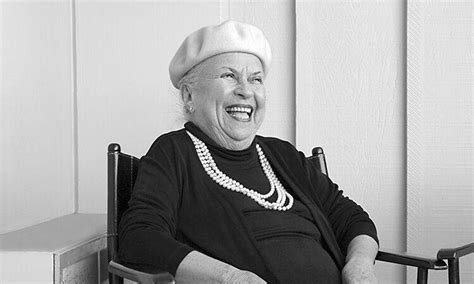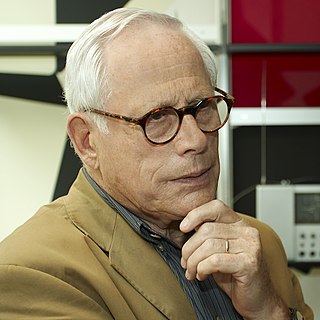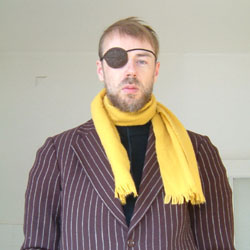A Quote by Paul Rand
To design is much more than simply to assemble, to order, or even to edit: it is to add value and meaning, to illuminate, to simplify, to clarify, to modify, to dignify, to dramatize, to persuade, and perhaps even to amuse. To design is to transform prose into poetry.
Related Quotes
Good design is innovative
2. Good design makes a product useful
3. Good design is aesthetic
4. Good design makes a product understandable
5. Good design is unobtrusive
6. Good design is honest
7. Good design is long-lasting
8. Good design is thorough, down to the last detail
9. Good design is environmentally friendly
10. Good design is as little design as possible
Poetry has an indirect way of hinting at things. Poetry is feminine. Prose is masculine. Prose, the very structure of it, is logical; poetry is basically illogical. Prose has to be clear-cut; poetry has to be vague - that's its beauty, its quality. Prose simply says what it says; poetry says many things. Prose is needed in the day-to-day world, in the marketplace. But whenever something of the heart has to be said, prose is always found inadequate - one has to fall back to poetry.
Certainly for me prose has a dilatory capacity, insofar as I don't trust my abilities in prose. I imagine I could have done the same thing in poetry, but sometimes I feel more fluent in poetry than in prose, and as a consequence perhaps I might pass too quickly by a thing that I might, in prose, have struggled merely to articulate. That struggle creates space, and it seems to me a particular kind of space into which memory flows easily. I suspect I think better in poetry, however.
I am troubled by the devaluing of the word 'design’. I find myself now being somewhat embarrassed to be called a designer. In fact I prefer the German term, Gestalt-Ingenieur. Apple and Vitsoe are relatively lone voices treating the discipline of design seriously in all corners of their businesses. They understand that design is not simply an adjective to place in front of a product’s name to somehow artificially enhance its value. Ever fewer people appear to understand that design is a serious profession; and for our future welfare we need more companies to take that profession seriously.
I enjoy the optimism of design, even though we can see it as doomed. But I'm telling most people that I'm not writing about design any more this year. It makes no sense at all during the recession unless you write about sustainable or ethical design-very basic things, like how to get clean water in countries with a shortage of it.
The question is: exactly how did life get here? Was it by natural selection and random mutation or was it by something else? Everybody - even Richard Dawkins - sees design in biology. You see this design when you see co-ordinated parts coming together to perform a function - like in a hand. And so it's the appearance of design that everybody's trying to explain. So that if Darwin's theory doesn't explain it we're left with no other explanation than maybe it really was designed. That's essentially the design argument.




































